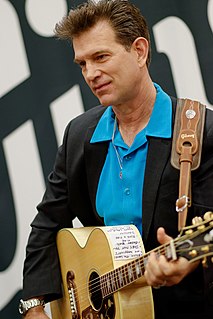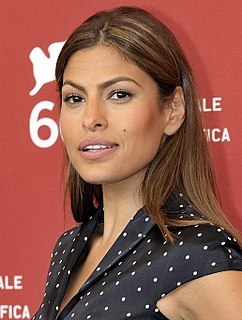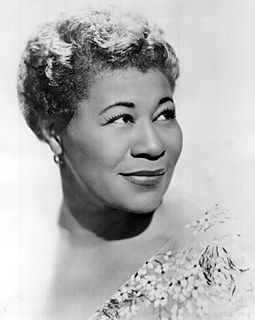A Quote by Flannery O'Connor
I don't think literature would be possible in a determined world. We might go through the motions but the heart would be out of it. Nobody could then 'smile darkly and ignore the howls.' Even if there were no Church to teach me this, writing two novels would do it. I think the more you write, the less inclined you will be to rely on theories like determinism. Mystery isn't something that is gradually evaporating. It grows along with knowledge.
Related Quotes
I write for myself, and perhaps for half a dozen friends. And that should be enough. And that might improve the quality of my writing. But if I were writing for thousands of people, then I would write what might please them. And as I know nothing about them, and maybe I'd have a rather low opinion of them, I don't think that would do any good to my work.
I had a lot of great lakes of ignorance that I was up against, I would write what I knew in almost like islands that were rising up out of the oceans. Then I would take time off and read, sometimes for months, then I would write more of what I knew, and saw what I could see, as much as the story as I could see. And then at a certain point I had to write out what I thought was the plot because it was so hard to keep it all together in my head. And then I started to write in a more linear way.
What do you mean less than nothing? I don't think there is any such thing as less than nothing. Nothing is absolutely the limit of nothingness. It's the lowest you can go. It's the end of the line. How can something be less than nothing? If there were something that was less than nothing, then nothing would not be nothing, it would be something - even though it's just a very little bit of something. But if nothing is nothing, then nothing has nothing that is less than it is.
Still, I kept writing. I had no guarantee that I would someday win awards for writing. Heavens, the only person during that time who seemed to think I could write something worth publishing was my loyal husband. But I always remembered the professor from graduate school who urged me to write and who recommended me for that first writing assignment in 1964. When I protested to Sara Little that I didn't want to add another mediocre writer to the world, she gently reminded me that if I didn't dare mediocrity, I would never write anything at all.
I think it would be so fun to do some kind of comedy, something - I'm not exactly sure, but something like I just did Moliere's "Tartuffe" in class, and wow, what a stretch. Why go to classes? I get to play in Moliere's "Tartuffe," and I could never - nobody would ever think that they would be, I'd be right for that.
I would like to write a novel, or at least try to write one, although my motives are not entirely pure. For one thing, I get asked about writing novels so much that I feel guilty about never having written one. And although I have no strong desire to write a novel, I would hate not to try. That would just be silly. On the other hand, I hate the idea of slogging through something that turns out to be not good.
I do not care if they do not like me," he said. "Maybe then they will let me alone, and I will not have to stay in China." The thought visibly struck him, and his head came up with sudden enthusiasm. "If I were very offensive, do you suppose they would go away now?" he asked. "Laurence, what would be particularly insulting" Hammond looked like Pandora, the box open and horrors loose upon the world. Laurence was inclined to laugh, but he stifled it out of sympathy.
I used to be very self-conscious. I used to wish I was pretty. My cousin Georgia always taught me that if you smile, people will like you. Sometimes people will say something you don't like, and you get angry a bit, but you just smile. You let it go by, even if you really would like to choke 'em. By smiling, I think I've made more friends than if I was the other way.
Think of being curled up and floating in a darkness. Even if you could think, even if you had an imagination, would you ever imagine its opposite, this miraculous world the Asian Taoists call the "Ten Thousand Things"? And if the darkness just got darker? And then you were dead? What would you care? How would you eve know the difference?
But sometimes when I was starting a new story and I could not get it going, I would sit in front of the fire and squeeze the peel of the little oranges into the edge of the flame and watch the sputter of blue that they made. I would stand and look out over the roofs of Paris and think, 'Do not worry. You have always written before and you will write now. All you have to do is write one true sentence. Write the truest sentence that you know.' So finally I would write one true sentence, and then go on from there.






































